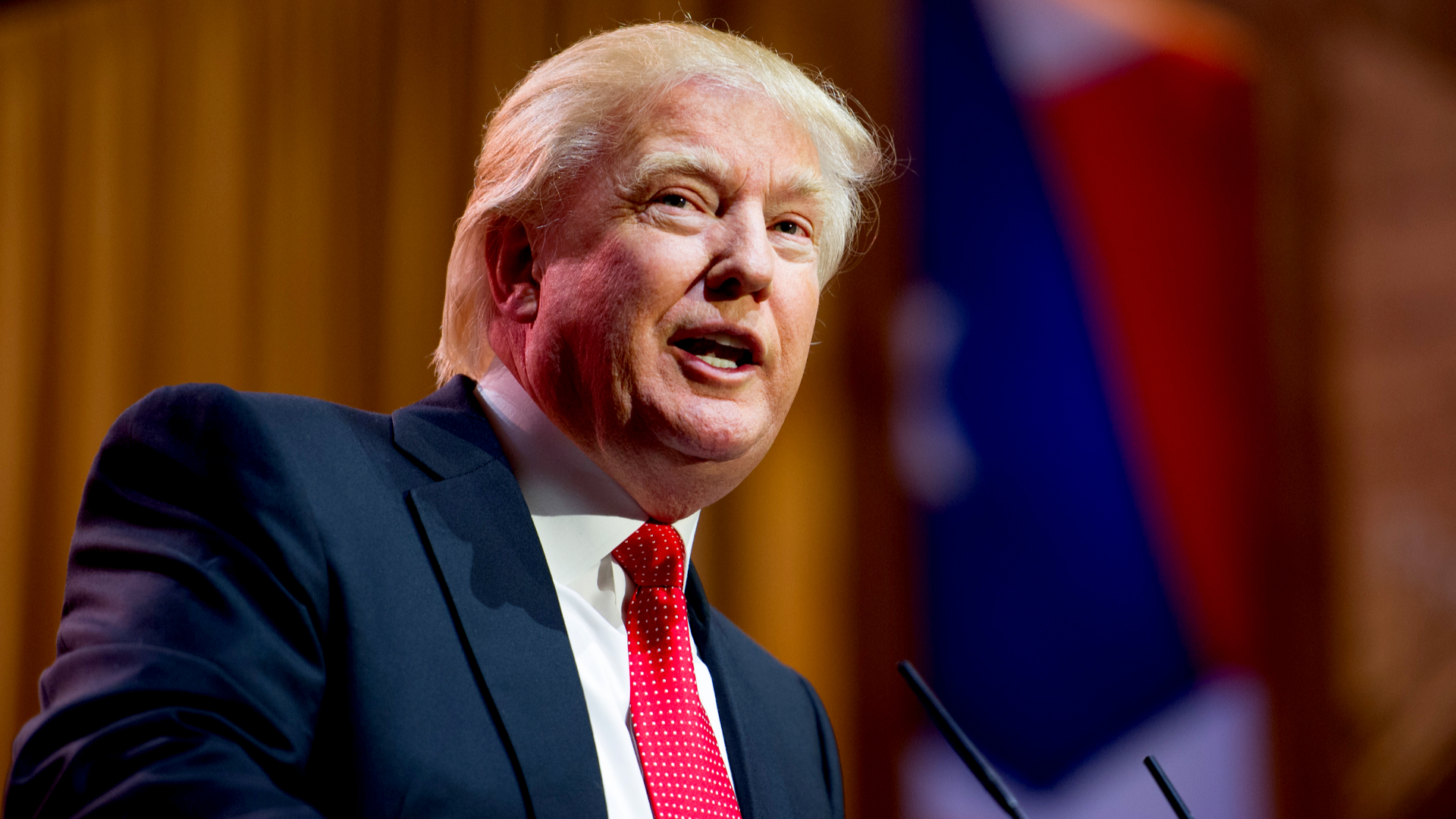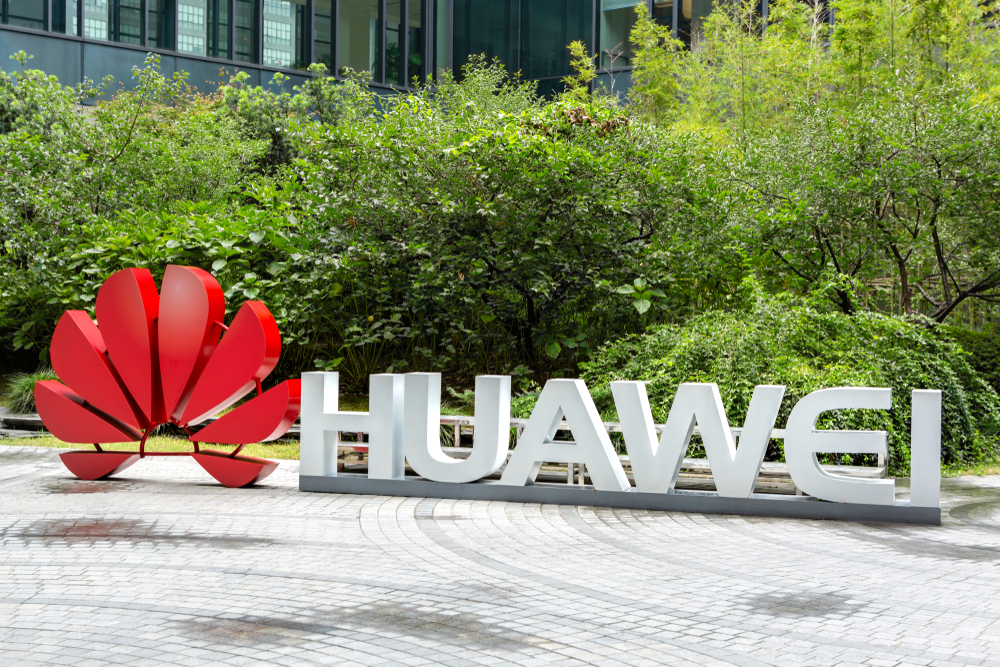Trump considers executive order to ban Huawei and ZTE
The order would block networks from using any devices deemed to be a threat to national security


Donald Trump is considering signing an executive order that would block US companies from using telecommunication technology made by Huawei, ZTE and other providers deemed to be a risk to national security.
The news follows a number of efforts from the US to curb the influence of foreign governments, the fear being that technology companies could be exploited to spy on American citizens.
Sources close to the matter told Reuters that the order, which has been under consideration for the past eight months and could be passed as early as January, would instruct the Department of Commerce to bar the purchase of equipment from foreign providers if they suspect ties to a state government.
Although the order would be unlikely to mention any company outright, it's widely believed that China's Huawei and ZTE, both of which are under suspicion, would be targeted first. This follows an order signed last August that blocked the use of Huawei and ZTE equipment in all government departments.
For the last year, Huawei had been attempting to convince US authorities that its products aren't a threat to national security, despite hostile relationships between the US and China affecting commerce.
To try and appease the US government and show its commitment to supplying networks with its low-cost devices, Huawei joined the Rural Wireless Association (RAW).
The group represents those smaller networks in the US (those that have less than 100,000 subscribers) which are opting to sell lower-cost smartphones supplied by foreign providers, and would, therefore, be significantly hamstrung by such an order. It's believed around 25% of its members are using Huawei and ZTE equipment, something that could cost around $800 million to remove, according to Reuters.
Get the ITPro daily newsletter
Sign up today and you will receive a free copy of our Future Focus 2025 report - the leading guidance on AI, cybersecurity and other IT challenges as per 700+ senior executives
Huawei has also argued that by banning its devices from being sold by networks in the US, it could also stunt 5G development, allowing other countries to take the lead. This would come as a big blow to the US Federal Communications Commission (FCC), which is hoping to speed up 5G rollout.
It also means that the cost of smartphones in the US could rise as a result, which could harm the country's economy.
The sale of Chinese-manufactured tech equipment has been banned elsewhere in the world, notably in Australia and the Czech Republic. The US has also been attempting to convince its allies to follow suit in limiting their use of Chinese technology, according to reports, and the UK has similarly warned that Huawei's technology could pose a national security risk, prompting BT to replace the Huawei tech that is currently used as part of its 4G infrastructure.
Moscow-based cybersecurity firm Kaspersky recently came under fire after it was alleged the company was closely tied to the Russian government and that its highly popular software could be used to exploit state infrastructure in other countries. The US has since banned the use of Kaspersky products in government departments, although the company has maintained its innocence.

Clare is the founder of Blue Cactus Digital, a digital marketing company that helps ethical and sustainability-focused businesses grow their customer base.
Prior to becoming a marketer, Clare was a journalist, working at a range of mobile device-focused outlets including Know Your Mobile before moving into freelance life.
As a freelance writer, she drew on her expertise in mobility to write features and guides for ITPro, as well as regularly writing news stories on a wide range of topics.
-
 Bigger salaries, more burnout: Is the CISO role in crisis?
Bigger salaries, more burnout: Is the CISO role in crisis?In-depth CISOs are more stressed than ever before – but why is this and what can be done?
By Kate O'Flaherty Published
-
 Cheap cyber crime kits can be bought on the dark web for less than $25
Cheap cyber crime kits can be bought on the dark web for less than $25News Research from NordVPN shows phishing kits are now widely available on the dark web and via messaging apps like Telegram, and are often selling for less than $25.
By Emma Woollacott Published
-
 Application enablement in an AI world
Application enablement in an AI worldHow enterprises can tap into AI-fueled application enablement to build apps faster and deploy them while consuming fewer resources
By Keumars Afifi-Sabet Published
-
 6G: Pioneering a new era of innovation and business value
6G: Pioneering a new era of innovation and business valueSponsored Content Discover how 6G will redefine the wireless industry through innovation, AI integration, and groundbreaking technology to drive new business value
By Rene Millman Published
-
 Huawei at Gitex Global 2024: driving innovation in industrial digitalization and intelligent transformation
Huawei at Gitex Global 2024: driving innovation in industrial digitalization and intelligent transformationSponsored Content Huawei showcased its latest advancements at Gitex Global 2024, focusing on accelerating digital transformation through innovative product launches, partnerships, and AI-ready ICT infrastructure
By ITPro Published
-
 Huawei Cloud: enabling business and industry growth
Huawei Cloud: enabling business and industry growthSponsored Content Huawei Cloud is transforming industries with innovative cloud, AI, and digital solutions, empowering enterprises to achieve growth and success in the digital age
By ITPro Published
-
 Amplifying intelligence: Huawei’s smart solutions for manufacturing and large enterprises
Amplifying intelligence: Huawei’s smart solutions for manufacturing and large enterprisesSponsored Content As industries face mounting pressures to innovate, Huawei is launching ten new intelligent solutions, designed to transform manufacturing, retail, and real estate through cutting-edge ICT represented by AI and cloud technologies
By ITPro Published
-
 How the media industry can take advantage of the AI wave
How the media industry can take advantage of the AI waveSponsored Content Welcome to a new way to create and consume movies, animation, and even the morning news
By ITPro Published
-
 Huawei AI tech used to filter out invasive salmon species in Norway river trial
Huawei AI tech used to filter out invasive salmon species in Norway river trialNews Pacific salmon threaten to overwhelm Atlantic salmon in hundreds of rivers along the nation’s coastline
By Zach Marzouk Published
-
 Huawei’s founder calls for a shift to software due to US sanctions
Huawei’s founder calls for a shift to software due to US sanctionsNews The Chinese tech giant’s hardware business is struggling due to US trade restrictions on tech deals
By Mike Brassfield Published